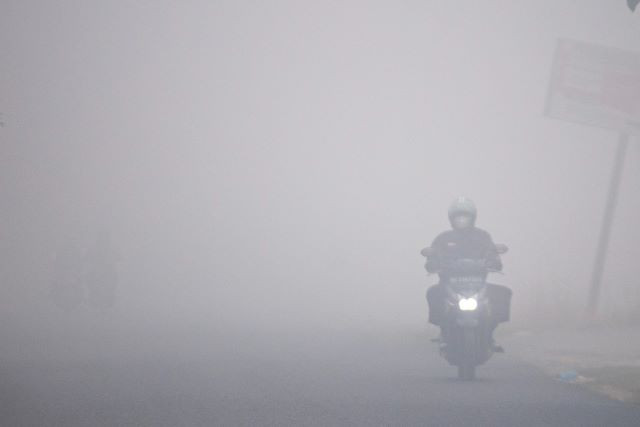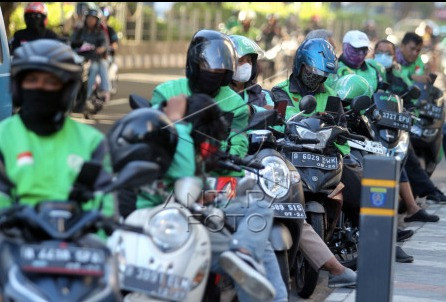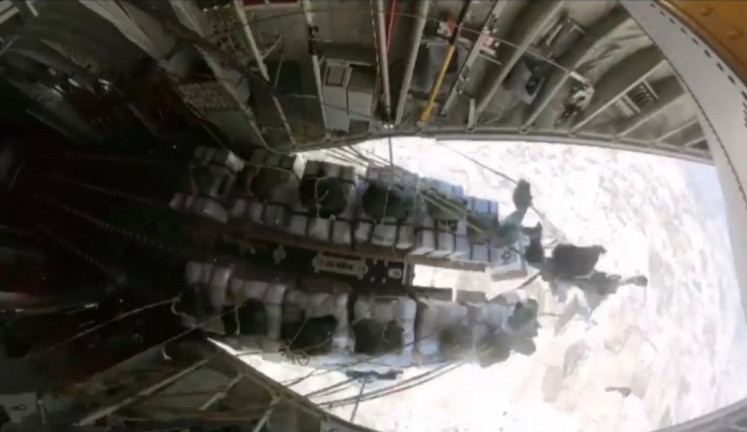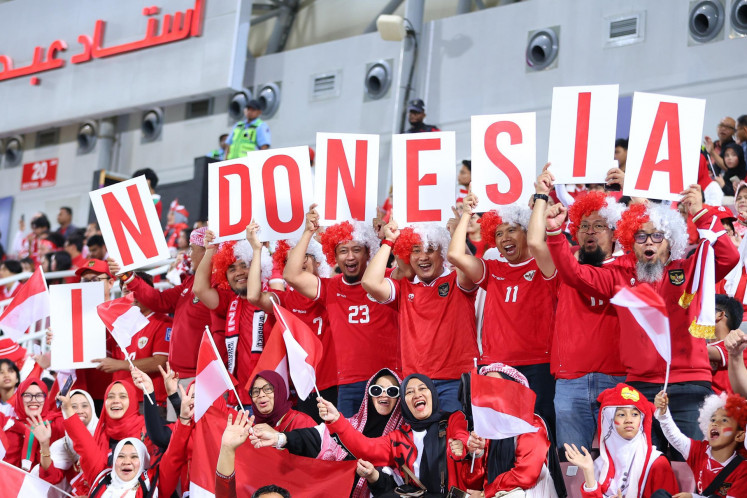Blaming provocateurs ignores voice of Papuans
But focusing on so-called provocateurs would mean that we neglect the voice of Papuans who took to the streets in peace. Thousands of them rallied for a cause and they deserve to be heard. Believing in outside influence is also condescending, as if we believe Papuans cannot act on their own volition.
Change Size
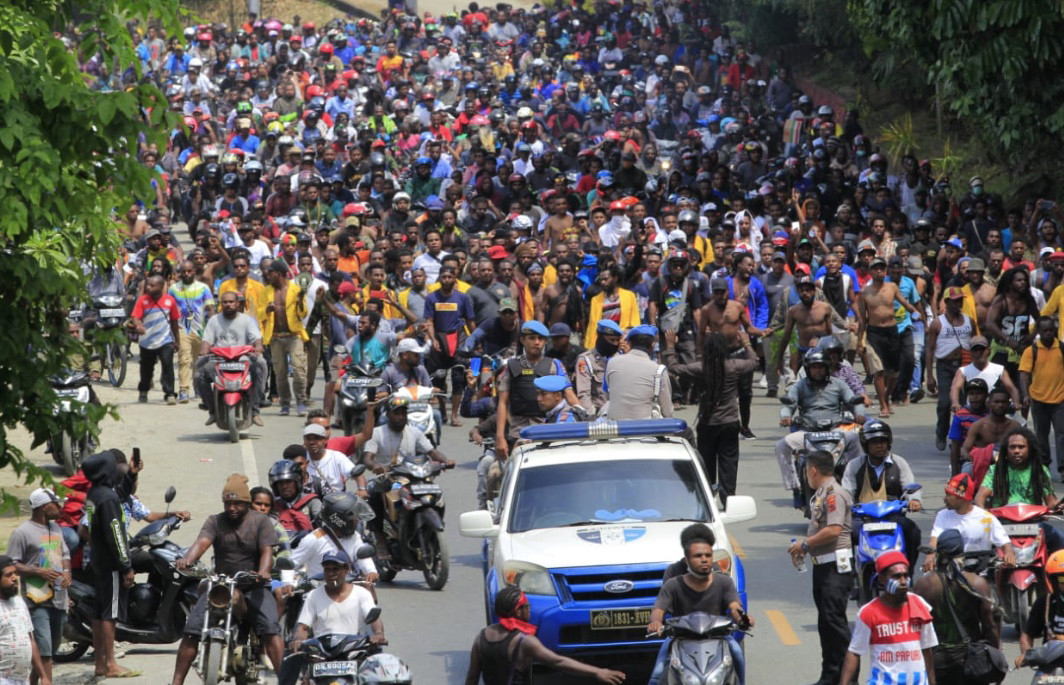 Residents of Papua's capital of Jayapura participate in a march to protest against the racist abuse of Papuan students in Surabaya, East Java. (Antara/Gusti Tanati)
Residents of Papua's capital of Jayapura participate in a march to protest against the racist abuse of Papuan students in Surabaya, East Java. (Antara/Gusti Tanati)
I
ndonesians love conspiracy theories. In 1999, I spent two months in Ambon, Maluku, just as a religious conflict between Muslims and Christians flared up. I spent most of the time taking refuge among Christians, but I had the chance to meet Muslims too.
Both communities had similar theories: The conflict was not caused by the people themselves but by agents provocateurs. “We were living in harmony,” one said. “Christians and Muslims here lived side by side in peace for decades, no problem at all,” another one said. “It’s people from outside the community that provoked the conflict, not us,” they said. There was also one theory involving a certain institution and its lust for the region’s mineral resources.
And yet, I heard enough about animosity between the two groups. Granted, I heard more badmouthing of the other side from the Christian community because that was where I spent most of my two months. But in my few visits to the Muslim community, one visit was apparently enough for them to complain about the Christians.
Going home on a Hercules aircraft, on top of a high pile of baggage, I was sure that if they really were living in harmony like they all claimed, the provocateurs, however mighty and politically wired they were, would never have succeeded in creating such bloody conflict. It appeared to me that there was fertile ground there.
A theory involving political actors from outside inciting something is appealing because of the simplicity it offers us. Reality, oftentimes, is much more complex.
Why do some Papuans want a referendum after all that President Joko “Jokowi” Widodo’s administration has done for them, after all the Special Autonomy Law and the money that has followed it? To answer such a question needs some serious soul searching, admissions of our own culpability and readiness to propose solutions, which has never been easy.
So when the National Police blame Veronica Koman, a lawyer who tweeted about the racial abuse of Papuan students in Surabaya, East Java, many of us embrace that narrative. If not for her, we would like to believe, there would have been no riots in the provinces of Papua and West Papua. It is also the fault of Benny Wenda, the police said. Wenda, who lives in the United Kingdom, is the leader of the United Liberation Movement for West Papua. Just Google “provokator” and “Papua”, and the search engine will give us plenty of news citing Veronica and Wenda.
Did they play a role in what has happened since Aug. 19 in Papua? I believe, along with thousands other people in and outside the provinces, that they did.
But focusing on so-called provocateurs would mean that we neglect the voice of Papuans who took to the streets in peace. Thousands of them rallied for a cause and they deserve to be heard. Believing in outside influence is also condescending, as if we believe Papuans cannot act on their own volition.
They want an end to the racism they have suffered for decades, not just outside Papua, but actually within the provinces. They want the victims and survivors of alleged human rights violations to gain justice. They want to get a fair share of their rich mineral resources so their children will not die of malnutrition. They want Jakarta to stop excluding them from democracy, particularly by lifting the ban on the internet imposed during the height of the conflict and respecting their right to a free flow of information and to allow national and foreign journalists to work freely there.
Many of them combine all this into just one aspiration, something which many Indonesians refuse to pay attention or even simply to listen to: They want the chance to vote in a referendum to determine their own fate.
Should Indonesia give them a referendum? That is a question I personally cannot answer and anyway the government has rejected it, so it is off the table for now. But focusing on a conspiracy theory means refusing to listen to Papuans’ voices and I believe we cannot do both because they contradict each other.
A person cannot really listen to others’ aspirations if he or she believes those people do not have minds of their own, if he or she is convinced that someone else is putting words into their mouths. Refusing to listen means there will never be a solution to the serious problems, and if there is no solution to the problems, there will never be justice in Papua.





